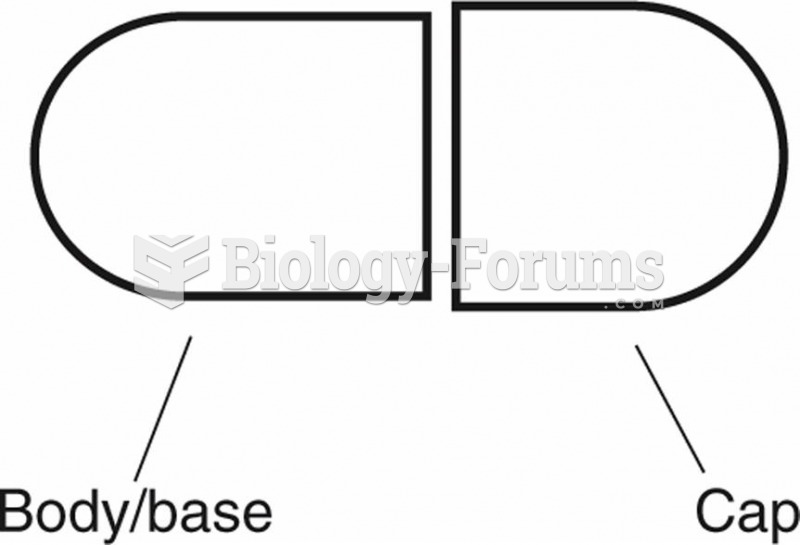Answer to Question 1
ANS: C
In qualitative research, subjects are referred to as participants because the researcher and participants cooperatively carry out the study.
Both kinds of research design the study according to established procedures. In qualitative research, subjects are referred to as participants because the researcher and participants cooperatively carry out the study.
Both kinds of research gather data. In qualitative research, subjects are referred to as participants because the researcher and participants cooperatively carry out the study.
Both kinds of research state the research problem or question. In qualitative research, subjects are referred to as participants because the researcher and participants cooperatively carry out the study.
Answer to Question 2
ANS: A
The most important reason for developing the historical base in nursing is that having one is one of the criteria of a profession. Although nurses may benefit from knowing their roots and having a base does give something to build on, the struggle for the status of a profession is something that has been part of nursing history, and putting the question to rest is a long-term goal.
The most important reason for developing the historical base in nursing is that having one is one of the criteria of a profession. Although nurses may benefit from knowing their roots and having a base does give something to build on, the struggle for the status of a profession is something that has been part of nursing history, and putting the question to rest is a long-term goal.
The most important reason for developing the historical base in nursing is that having one is one of the criteria of a profession. Although nurses may benefit from knowing their roots and having a base does give something to build on, the struggle for the status of a profession is something that has been part of nursing history, and putting the question to rest is a long-term goal.
The most important reason for developing the historical base in nursing is that having one is one of the criteria of a profession. Although nurses may benefit from knowing their roots and having a base does give something to build on, the struggle for the status of a profession is something that has been part of nursing history, and putting the question to rest is a long-term goal.







